Is there any way of overriding the error message logged by Elmah without duplicating it?
I have a custom exception class:
public class BusinessException : Exception
{
// detailed error message used for logging / debugging
public string InternalErrorMessage { get; set; }
public BusinessException(string message, string internalMessage)
:base(message)
{
InternalErrorMessage = internalMessage;
}
}
From the code, i throw an exception like this:
string detailedErrorMessage = string.Format("User {0} does not have permissions to access CreateProduct resource", User.Identity.Name);
throw new BusinessException("Permission denied", detailedErrorMessage);
When Elmah logs the error, it only logs Permission denied message. However, i need to log the InternalErrorMessage property of the exception instead.
I've tried to create a custom HandleErrorAttribute to do this, but this duplicates the exceptions logged:
public class ErrorHandleAttribute : HandleErrorAttribute
{
public override void OnException(ExceptionContext filterContext)
{
if (filterContext.ExceptionHandled == true)
return;
Exception exception = filterContext.Exception;
BusinessException businessException = exception as BusinessException;
if (businessException != null)
{
ErrorSignal.FromCurrentContext().Raise(new Exception(businessException.InternalErrorMessage, exception));
}
}
}
